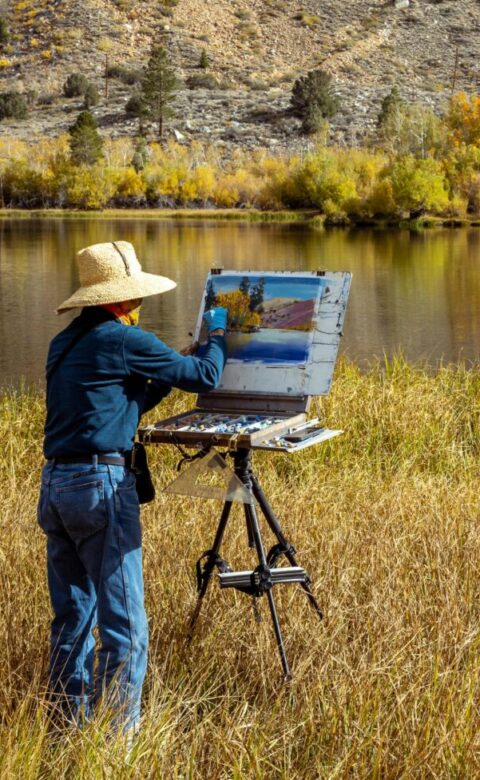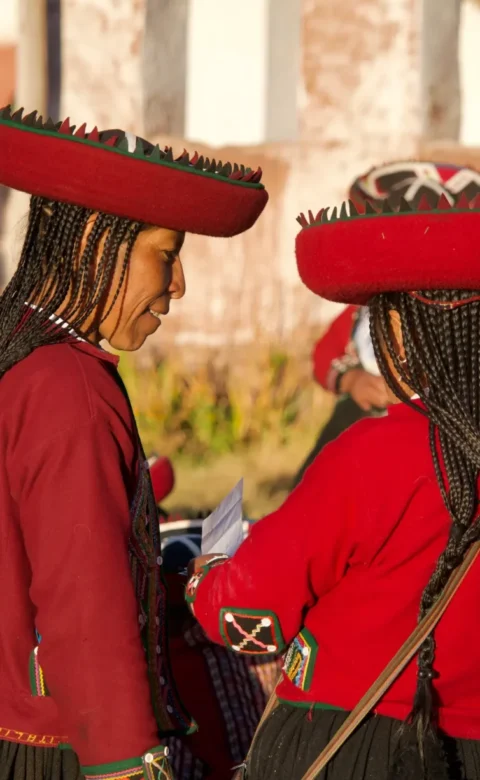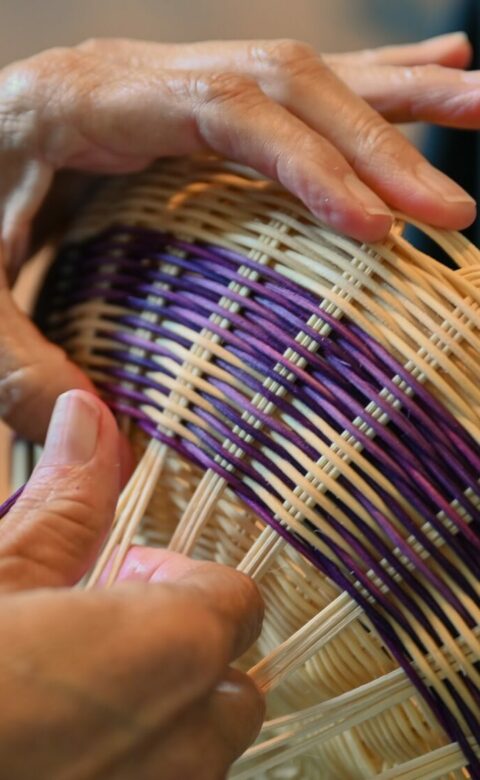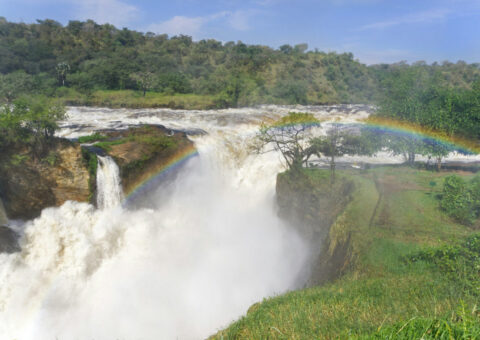Coffee kiosks want to build a future in which Ugandans do not need to travel abroad to experience other vibrant cultures — and one where international travellers can expect to find an array of choices on arrival. The focus is on native-grown coffee, served with pride for locals across Kampala, the country’s capital city.
As Uganda’s main agricultural product and economic export, coffee has a long history in the country; but surprisingly, locals don’t consume it as much as they contribute to its production. In an All Africa article, Beatrice Lamwaka reported locals associate this product with labour rather than something they are interested in or can consume, citing export trade specialist Daniel Karibwije’s statement that “coffee is grown for others.”
This is reflected in statistics: The Uganda Coffee Development Authority notes only five percent to six percent of the Ugandan population consumes coffee. According to additional reports, Uganda was previously a tea-drinking country, due to its consumption by farm workers. This resulted in a classist divide between coffee and tea, with the former being for the upper class and the latter being for the worker.
However, the coffee kiosk model recently took off in places such as Kampala, Uganda’s capital city. This has created jobs and an intimate culture in which locals can begin to reap and enjoy what they sow. This business model not only centres the customer, but also aims to customise and improve their overall experience.
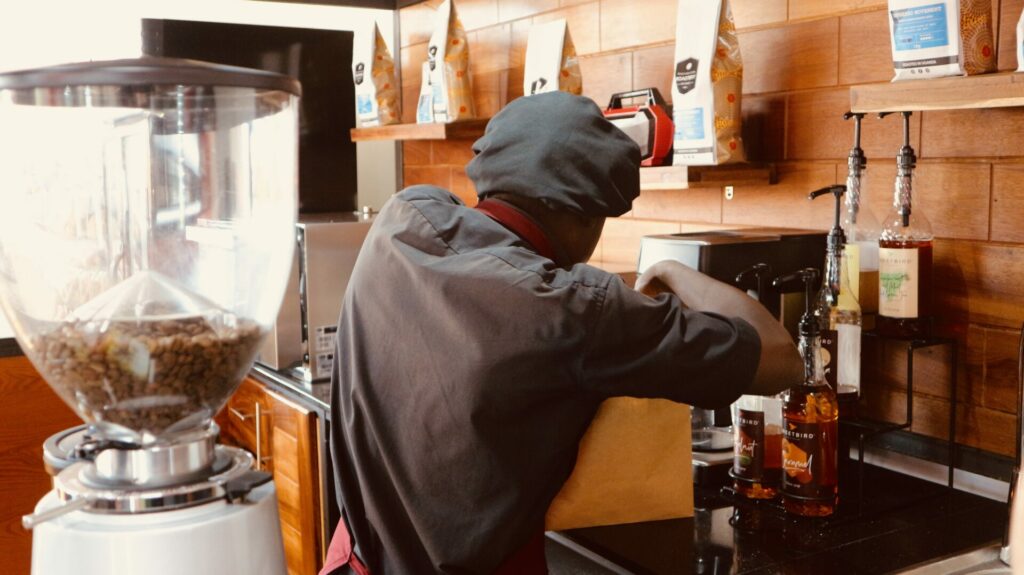
TRANSFORMING LOCAL ATTITUDES TOWARDS COFFEE
Companies understand how this model can contribute to changing Uganda’s misconceptions about coffee. Neighbourhood kiosks hope to connect with locals in a way that can foster a more sustainable view of coffee within Uganda — one that isn’t rooted in labour, but in accessibility and an appreciation for the region’s finest agricultural product. They want people to know that coffee is not just a beverage, it’s a lifestyle.
Experimenting with a variety of coffee offerings, kiosks introduce Ugandans to bold flavours in an effort to broaden the mindset around what coffee can be. This is intended to demonstrate the product’s versatility while also attempting to change the overall narrative through what’s on the menu.
Charles Lukonge — Head Barista at the La Pâtisserie Express chain and the person in charge of skills training in their kiosks across Kampala — shares the company’s enthusiasm about elevating the local coffee consumption culture, to reclaim the status that would otherwise be associated with global brands. He talks about his personal love story with coffee and discusses why it is important for him to invite more locals into his knowledge about this industry.
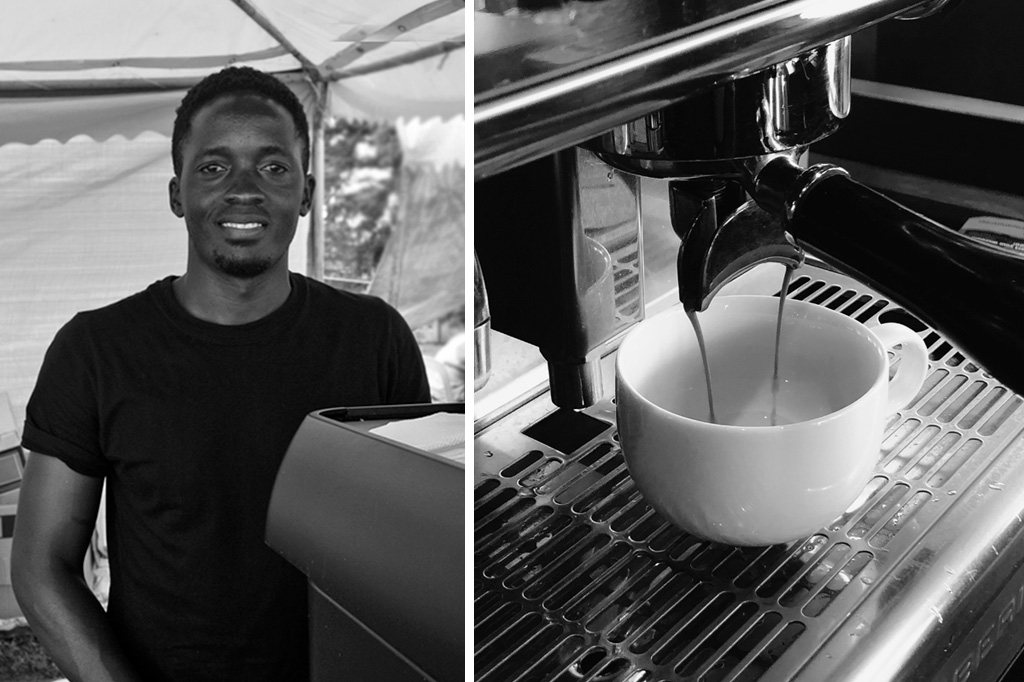
AN AMBITION FUELLED BY A LOVE FOR LEARNING
After joining the hotel industry in 2015, having gained extensive experience in customer service from waiting tables to working behind the bar, Lukonge was looking for a new challenge — coffee was his inspiration. He explains, “I wouldn’t say this was by accident… this is my calling”. Despite being discouraged by his peers, he decided to learn more about coffee and how it is made.
He enrolled in school after some serious solo practice to further immerse himself in the world of barista education. “The guys I worked with were shocked, wondering how I suddenly knew what I knew,” Lukonge says. This same dedicated and sincere approach to learning is visible in the work he does at the kiosks today.
“I am very interested in increasing the six percent statistic [of Ugandans who are coffee drinkers],“ Lukonge says. “But even then, I am more passionate about doing so through educating the customers. I believe it is the storytelling aspect that keeps people coming back for more.“
The majority of customers Lukonge encounters are unaware that the beans he uses are sourced in a village west of Kampala and, moreover, that some of the most ancient methods and processes are employed for harvesting and preparing the beans. Some customers are pleasantly surprised when they learn this while waiting for the barista to prepare their daily — sometimes first-ever — cups of coffee. They’re even more interested if they have family or friends from that particular village, and become regulars out of loyalty, community, and a desire to support the locals behind these businesses.
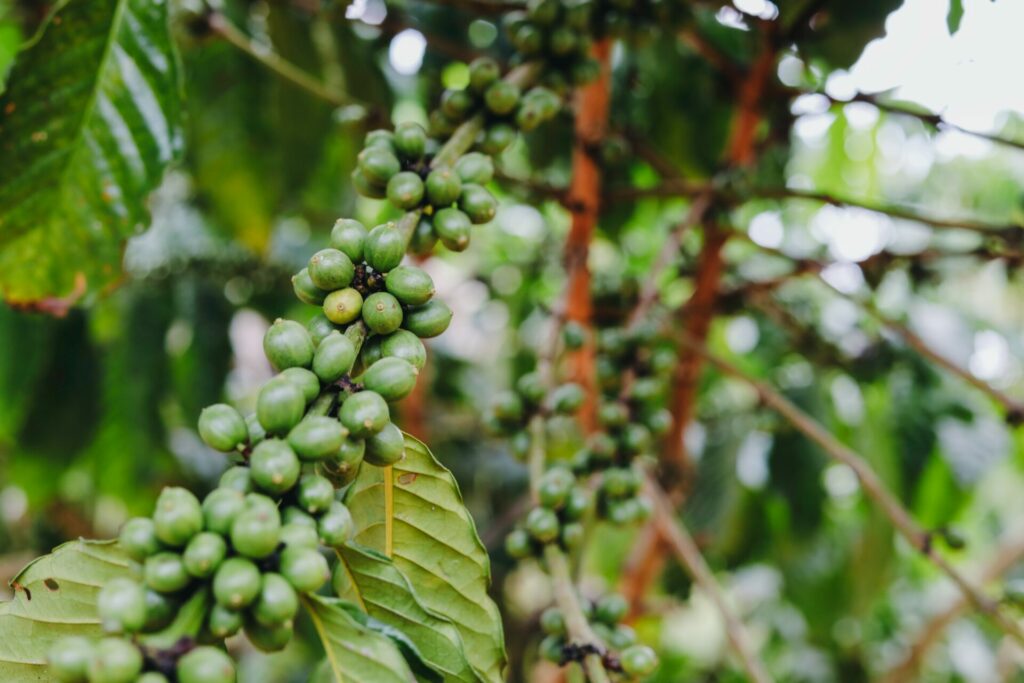
CREATING FLAVOUR THROUGH TIME-HONOURED METHODS
Much like he would to his customers, Lukonge briefly describes one of the processes to us: “These natural methods were used by our grandfathers and grandmothers and involve selecting and harvesting ripe coffee cherries, to dry under the sun. The more ripe the cherry is, the more pronounced the coffee flavour will be. This part takes us roughly three to five days in order to make sure that all the cherries are dry.“
Unlike the coffee shop or restaurant model, where the barista makes the coffee from a distance and it is served by the waiter, the kiosk keeps the barista as close as possible to the customers. In a country with little to no conversation around coffee, the kiosk model allows staff to approach customers from a selling perspective and also guides them through what they can try. Baristas share new information about the product while building loyalty through interaction with customers; the personal touch is key. “We are advised not to be afraid of mutual interaction. That is our most valuable platform. When we encounter customers, that is our time to shine.“
This appears to shift the mindsets of both the business and the customer. In the past, Lukonge has encountered people in the coffee industry who would reserve certain positions only for those with more knowledge or experience. But through his role as a trainer, he now promotes skill and information equality to break down these barriers to entry. This is not only a business ethos, but also an initiative born out of a desire to broaden opportunities to learn about coffee in general.
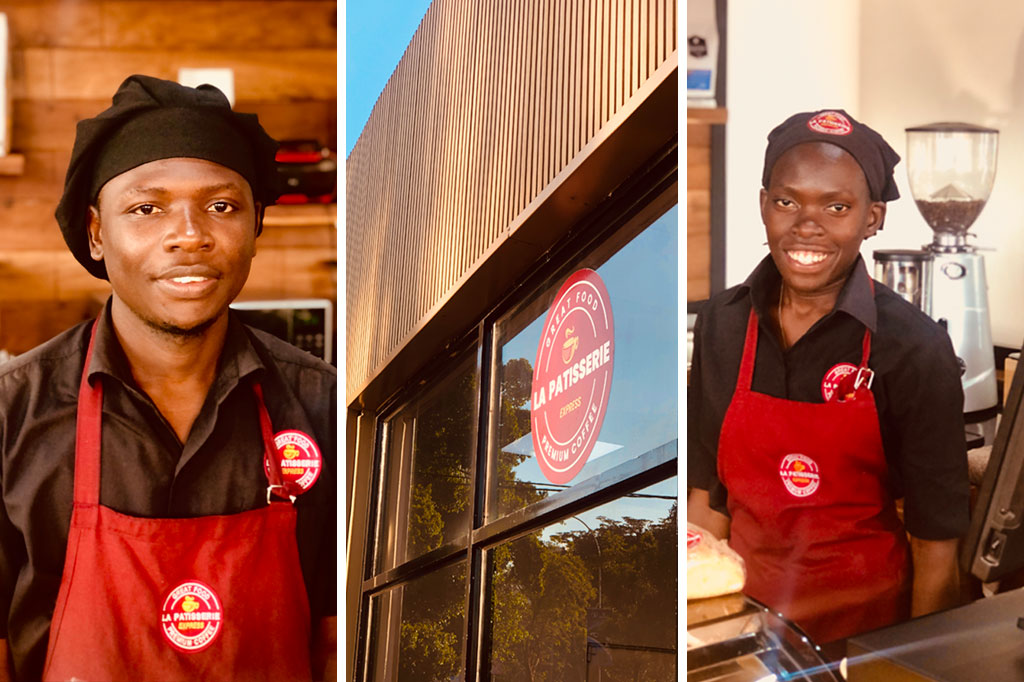
FOSTERING LOCAL UNIQUENESS TO RETAIN NATIVE TALENT
Tourism plays a significant role in improving the local market and changing attitudes and narratives, but as recent history has shown, tourism is vulnerable to forces outside Uganda’s control. And although exports are important, it is also important to improve and preserve a country’s resources internally. Most young people, after acquiring skills, seek opportunities and more experience abroad. However, this is not entirely sustainable in building and envisioning a country’s future — or ultimately being competitive on an international scale.
Apart from championing the amazing coffee grown on their doorstep, Lukonge is one voice in a growing chorus answering a larger and more pressing call: to recognise and nurture this place’s true uniqueness, and compel — rather than wait for — everyone else to acknowledge and validate it.


